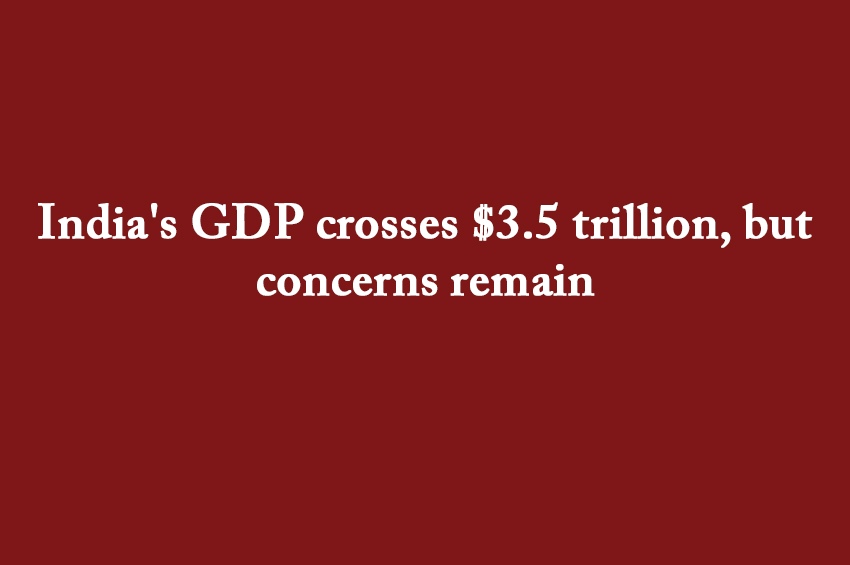Winning Bizness Desk
Mumbai. The country's gross domestic product (GDP) may cross $3.5 trillion in 2022 and will remain the fastest growing economy among the G-20 economies for the next few years. However, reforms and policies may lead to a decline in foreign investment. Rating agency Moody's said on Tuesday that bureaucracy could slow down approval processes in obtaining licenses and setting up businesses. This can also increase the duration of the project. India's high bureaucracy in decision-making will reduce its attractiveness as a destination for foreign direct investment (FDI), especially as India competes with other developing economies such as Indonesia and Vietnam, Moody's Investors Service said.
Demand for housing, cement and new cars
A large young and educated workforce, growing single families and urbanization will increase demand for housing, cement and new cars, the agency said. It said government infrastructure spending would boost steel and cement, while India's net-zero commitment would boost investment in renewable energy. Demand in the manufacturing and infrastructure sectors will grow by 3-12 per cent annually for the rest of this decade, but India's capacity will lag far behind China's by 2030, Moody's said. Despite the strong potential of the economy, one risk is that the pace of investment in India's manufacturing and infrastructure sectors may slow due to slow policy implementation of limited economic liberalization.
Pressure on foreign investment
Project construction may be delayed due to lack of certainty in terms of time to obtain land acquisition approvals, regulatory approvals, licenses and business establishment. In addition, India's limited multilateral liberalization in terms of regional trade agreements will also put pressure on foreign investment. The Government of India's ongoing efforts to reduce corruption, formalize economic activities, and strengthen tax collection and administration are encouraging. However, the risks to the effectiveness of these efforts are increasing.


